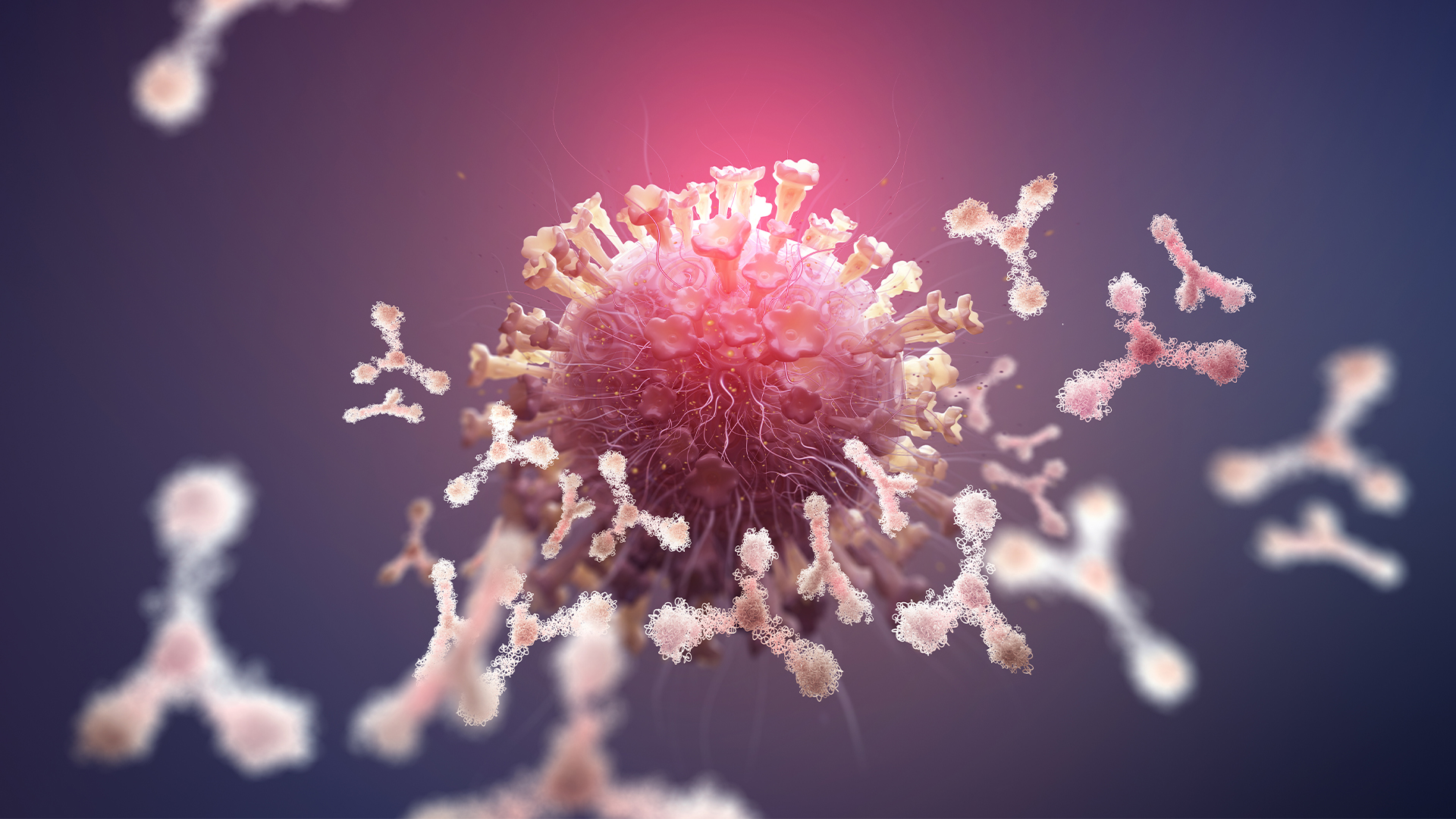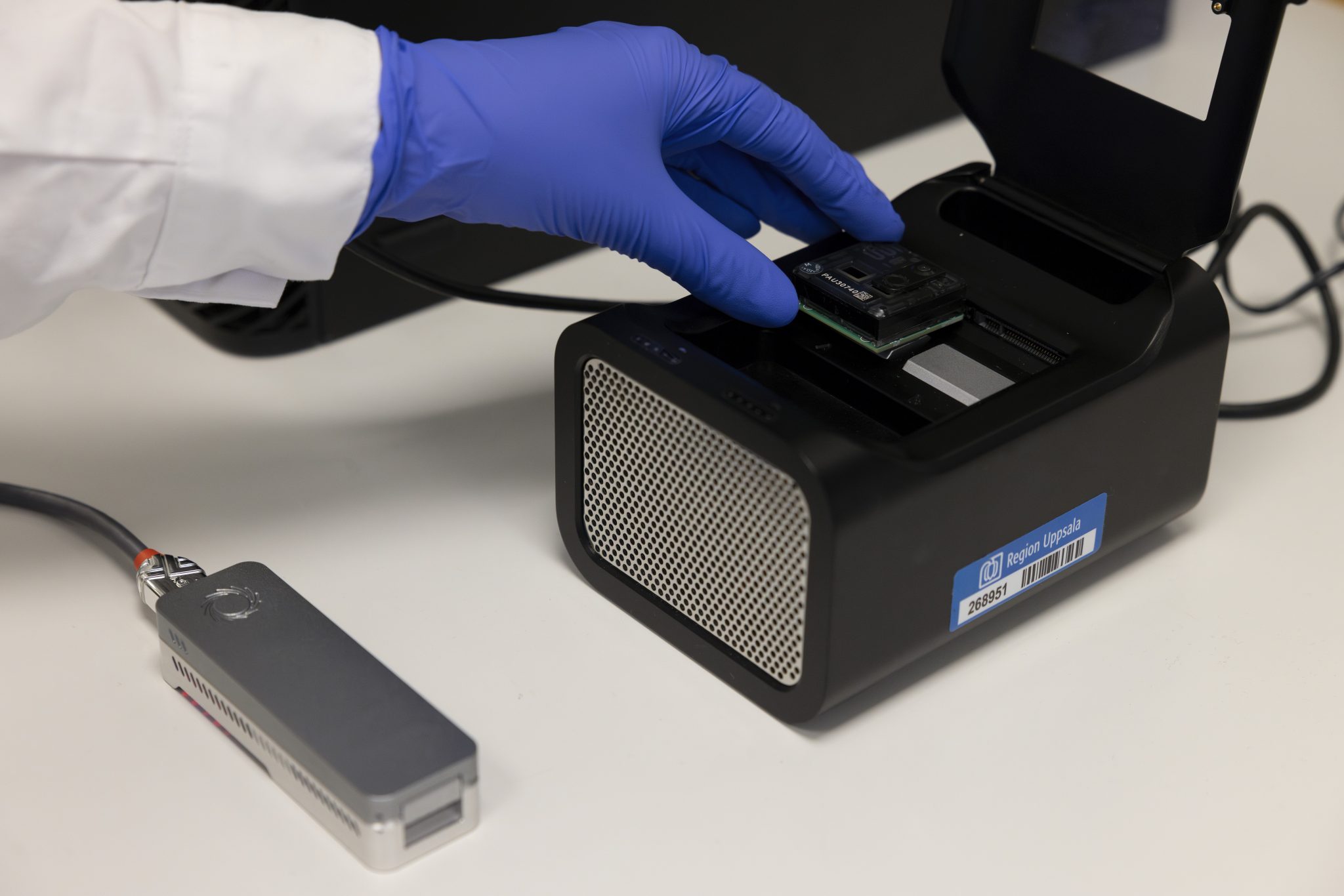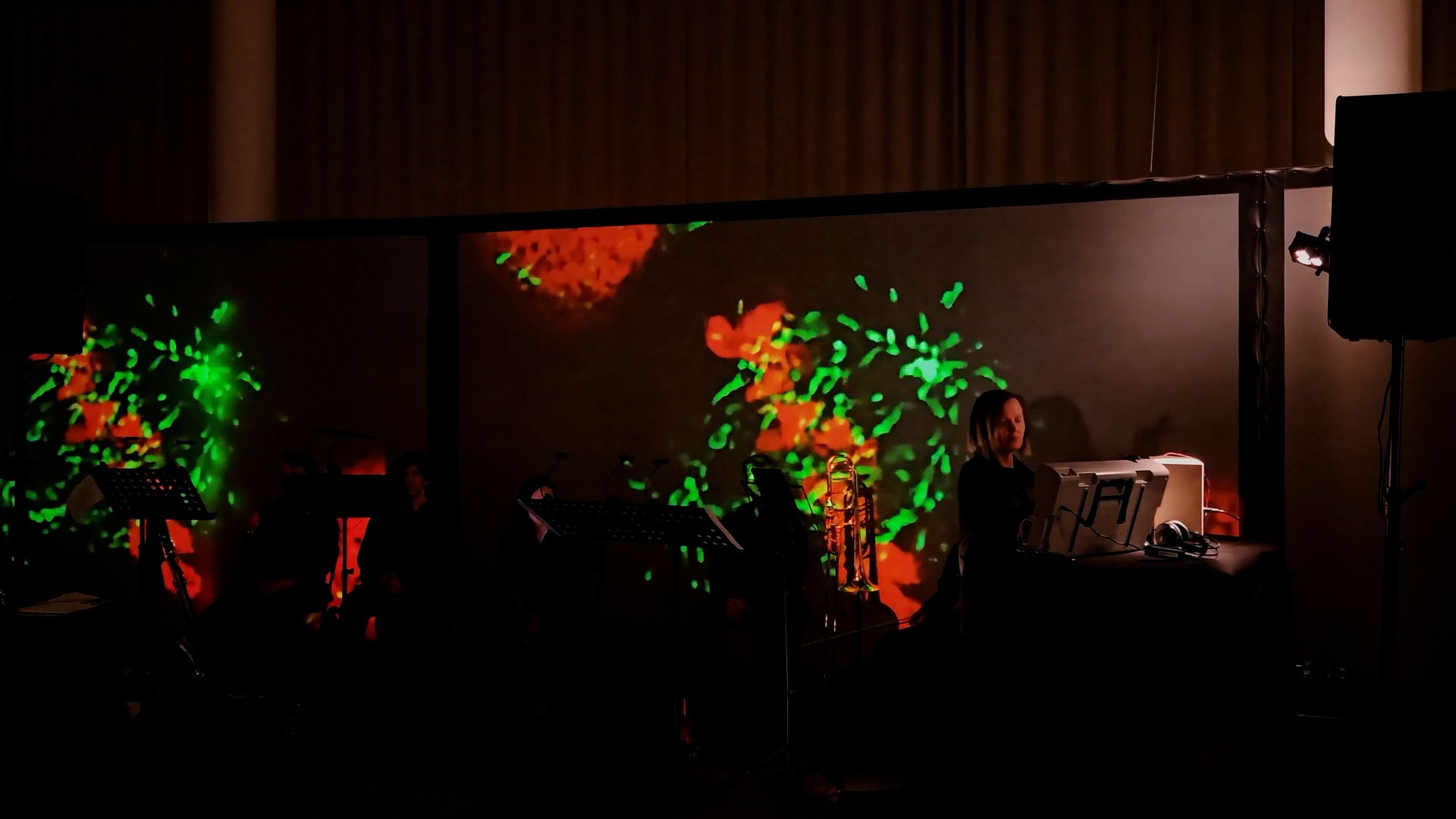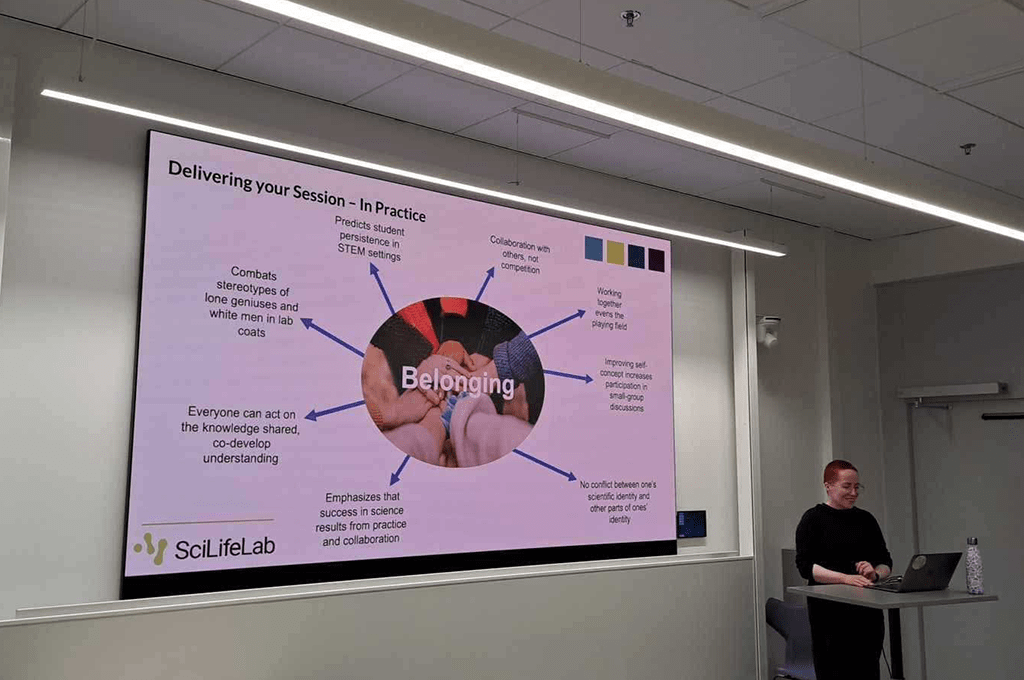The National SciLifeLab-KAW COVID-19 Research program is extended through funding from KAW
In March 2020, SciLifeLab launched a national COVID-19 research program together with the Knut and Alice Wallenberg Foundation (KAW). Now, the program will be prolonged and extended through a new donation of 50 million SEK from KAW.
“Almost one year have passed since the launch of the national research program on COVID-19. It has been amazing to see the collective effort and new collaborations that was initiated between researchers at our universities in a very short time. Present results are remarkable and applicable in the current crisis, but more research is needed. That is why we are now substantially increasing the funding of the program”, says Peter Wallenberg Jr, chair of Knut and Alice Wallenberg Foundation.
The program enables the Swedish research community to conduct research on the SARS-Cov2 virus and COVID-19, both to fight the ongoing pandemic but also to prepare Sweden for future ones.
So far, the program has led to the development of technology and capabilities for COVID-19 testing, e.g. new molecular diagnostic methods, high-throughput and high-content serology, analysis of the host immune response, environmental virus profiling, understanding of the molecular pathogenesis and research about how the virus could be inhibited.
All research data has been made open and publicly available through the national COVID-19 data portal. This has helped to create a clearer real-time overview of the pandemic and facilitated the distribution of important data across different research disciplines.
In December 2020, a new donation from KAW (50 million SEK), made it possible to launch two new calls with the aim of continuing and extending the SciLifeLab-KAW COVID-19 Research Program. The first call was open for proposals from researchers already active in the program and the second call was open for individual scientists with new contributions to the existing program.
76 proposals were submitted and evaluated by a panel of national and international experts as well as the SciLifeLab Management Group. The scientific quality and impact on the pandemic were primary evaluation criteria, which also included emphasis on open science, data handling, and sharing of samples and data, as well as the synergistic value together with the other proposals. The SciLifeLab board decided to fund 23 out of 76 proposals.
“We are happy to continue the promotion of COVID-19 research, supported by KAW’s important donation. The quality of the proposals submitted was very high. It is also clear that the research program, that started in 2020, has already led to major breakthroughs scientifically and to practical contributions in the fight against the pandemic. Together with new fresh ideas, the new funding will be merged with the old one, so that we can create an even better COVID-19 program, supported by the SciLifeLab infrastructure and data sharing via the COVID-19 portal”, says Olli Kallioniemi, director of SciLifeLab.
In total, KAW has donated 105 million SEK to SciLifeLab for the continuation and extension of the COVID-19 research program. 53 million SEK of these have been used to fund the recently launched program on COVID-19 vaccine effects.
The following projects are new within the COVID-19 Research program:
Targeting blood monocytes and monocyte-derived macrophages to prevent lung injury in COVID-19, Tim Willinger (Karolinska Institutet).
Role of unconventional T cells in acute COVID19 disease, convalescence, and long-COVID syndrome, Johan K. Sandberg (Karolinska Institutet).
Role of adaptive immune receptor gene polymorphisms in SARS CoV-2 infection, Gunilla Karlsson Hedestam (Karolinska Institutet).
Metatranscriptomics in covid-19 patients in order to find new host biomarkers, and elucidate microbial responses, Birgitta Henriques-Normark (Karolinska Institutet).
Loss of chromosome Y (LOY) in specific subtypes of leukocytes may predispose to severe course of covid-19 in males; consequences of LOY for the immune system, Jan Dumanski (Uppsala University).
Development of antivirals targeting the SARS-CoV-2 deubiquitinase PLpro, Nico Dantuma (Karolinska Institutet).
STARSS: A new fluorescence-based method to measure virions interaction and maturation through rotational mobility, Ilaria Testa (KTH).
Organotypic human 3D tissue models for mechanistic studies and antiviral drug development, Volker Lauschke (Karolinska Institutet).
The following projects have been granted extended funding:
The COMMUNITY-Study, Charlotte Thålin (Karolinska Institutet).
The Sahlgrenska Collaborative Covid-19 Research Project, Magnus Gisslen (University of Gothenburg).
Validation and characterisation of novel plasma biomarkers for risk prediction and stratification of COVID-19 patients, Jacob Odeberg (KTH).
Mechanisms of acute and long-term organ dysfunction in critical COVID-19, Michael Hultström (Uppsala University).
Neurological complications of COVID-19, Elham Rostami (Uppsala University).
MOLRES-COV, Åke Lundkvist (Uppsala University).
Immune dysregulation in patients with long-COVID, Petter Brodin (Karolinska Institutet).
Efficient Point-of-Care and Variant Detection of SARS-CoV-2 and Other Viruses, Vicent Pelechano (Karolinska Institutet).
High throughput SARS-CoV-2 variant surveillance, Lars Feuk (Uppsala University).
Advancing environmental virus profiling and risk assessment for public health perspective, Anna Székely (Uppsala University).
CoronaLeadDiscovery (CoLD), Helena Danielson (Uppsala University).
Nevermore Covid, DDD platform, Kristian Sandberg (Uppsala University).
A new year, a new threat: detailed molecular investigations of novel SARS-CoV-2 Variants of Concern (VOC) transmission and pathogenesis, Jonas Klingström (Karolinska Institutet).
Identification of druggable coronavirus-human protein-protein interactions, Ylva Ivarsson (Uppsala University).
AI-driven drug and target prioritization for COVID-19, Päivi Östling (Karolinska Institutet).
Fast and accurate drug screening and virus surface profiling, Erdinc Sezgin (Karolinska Institutet).





